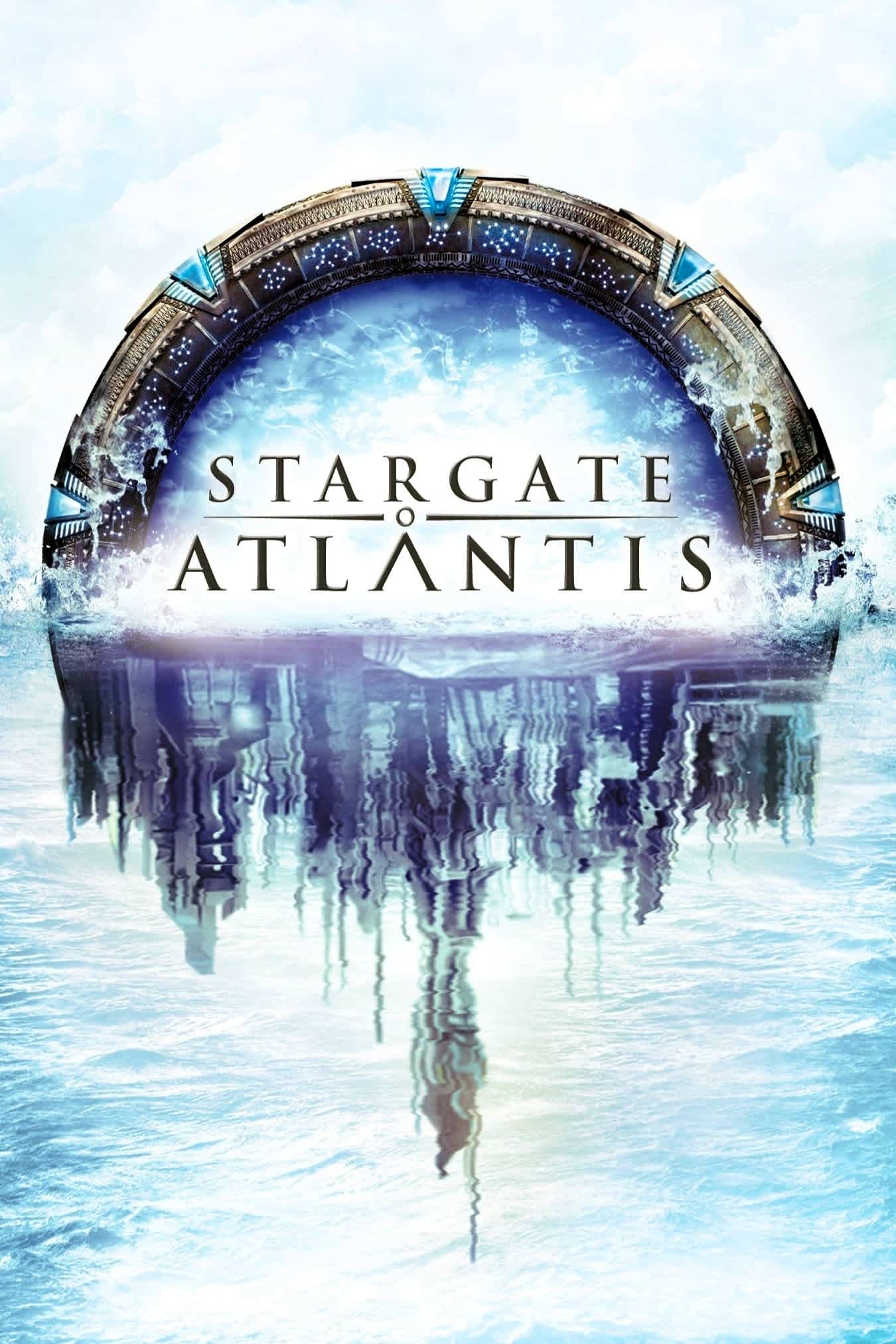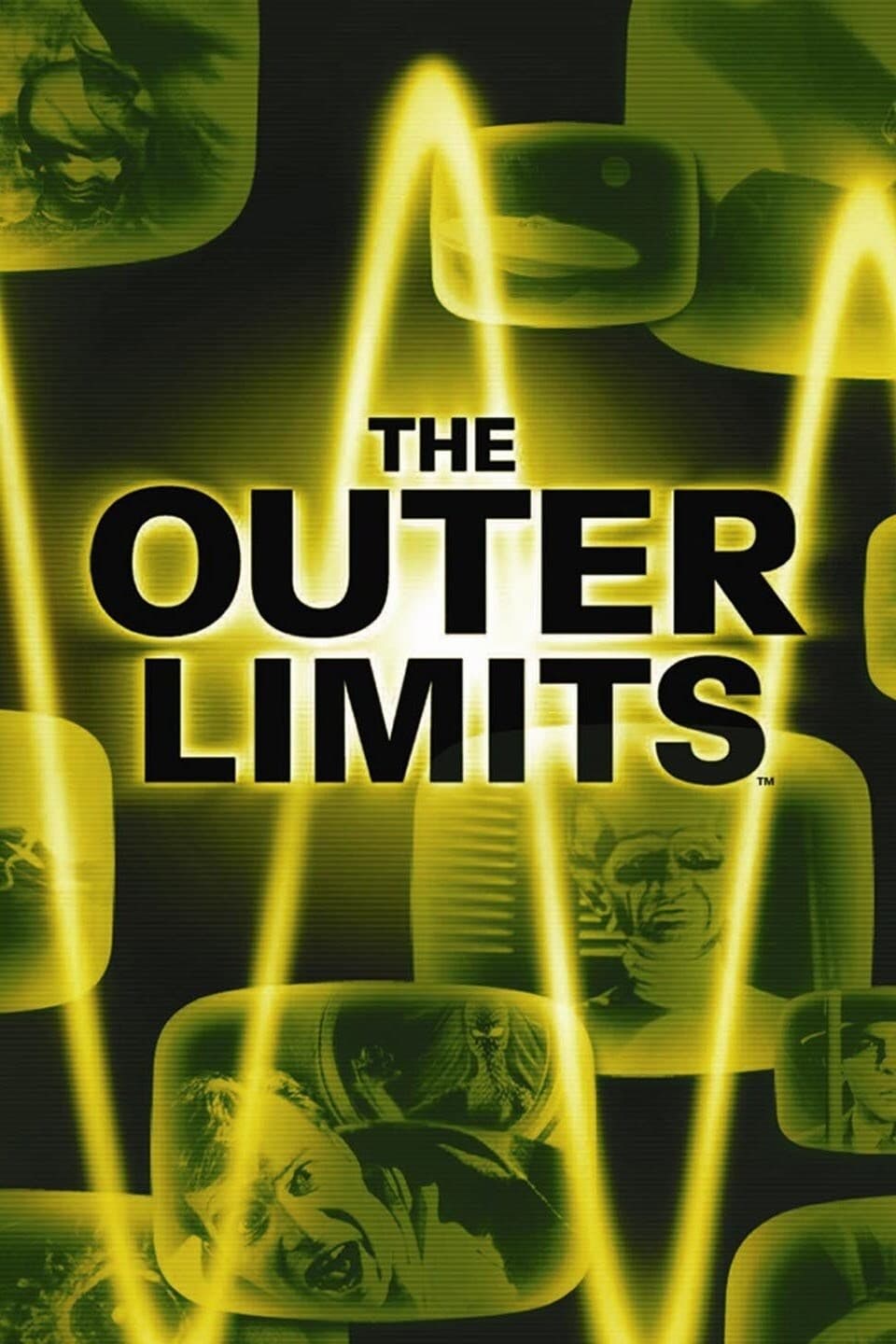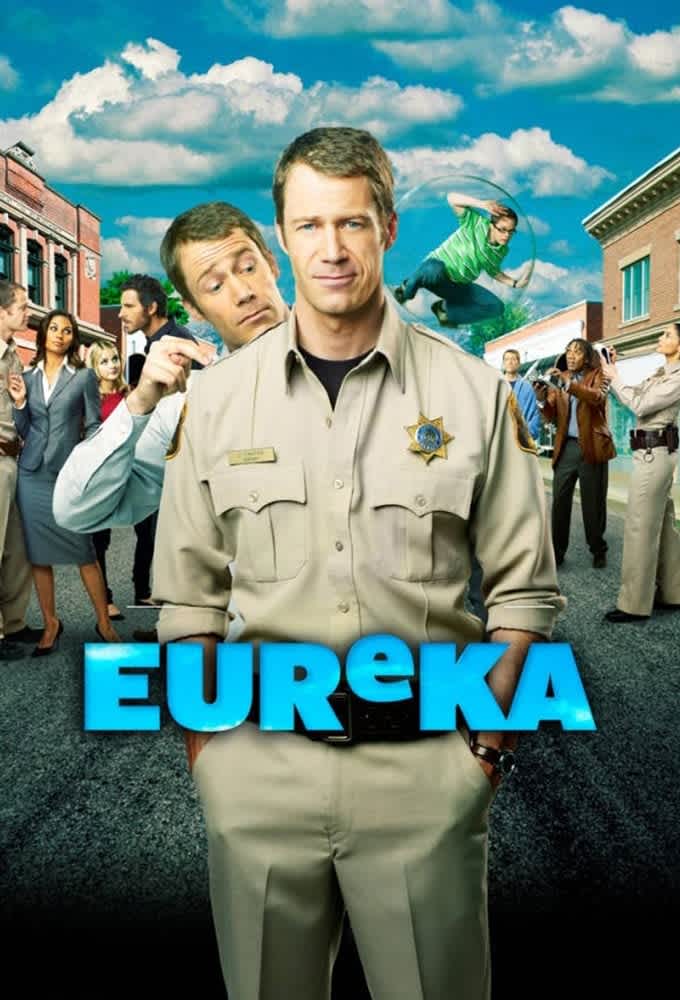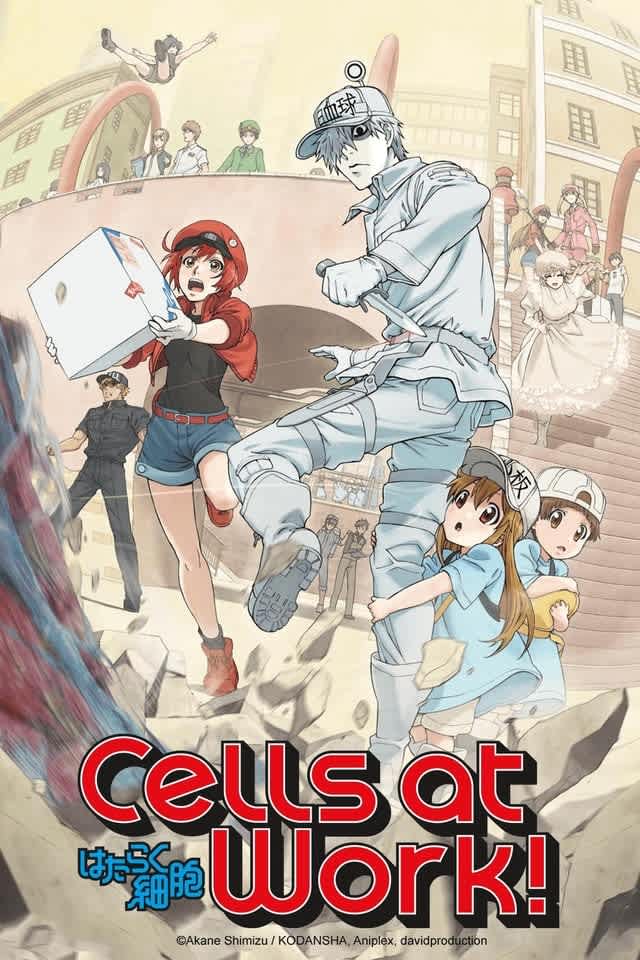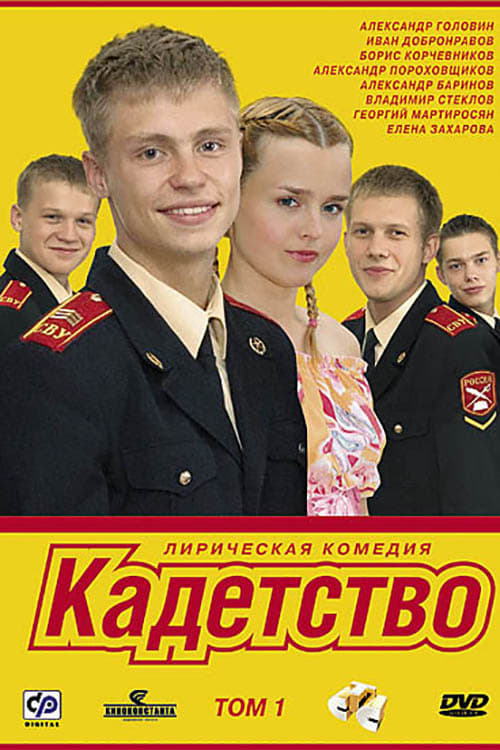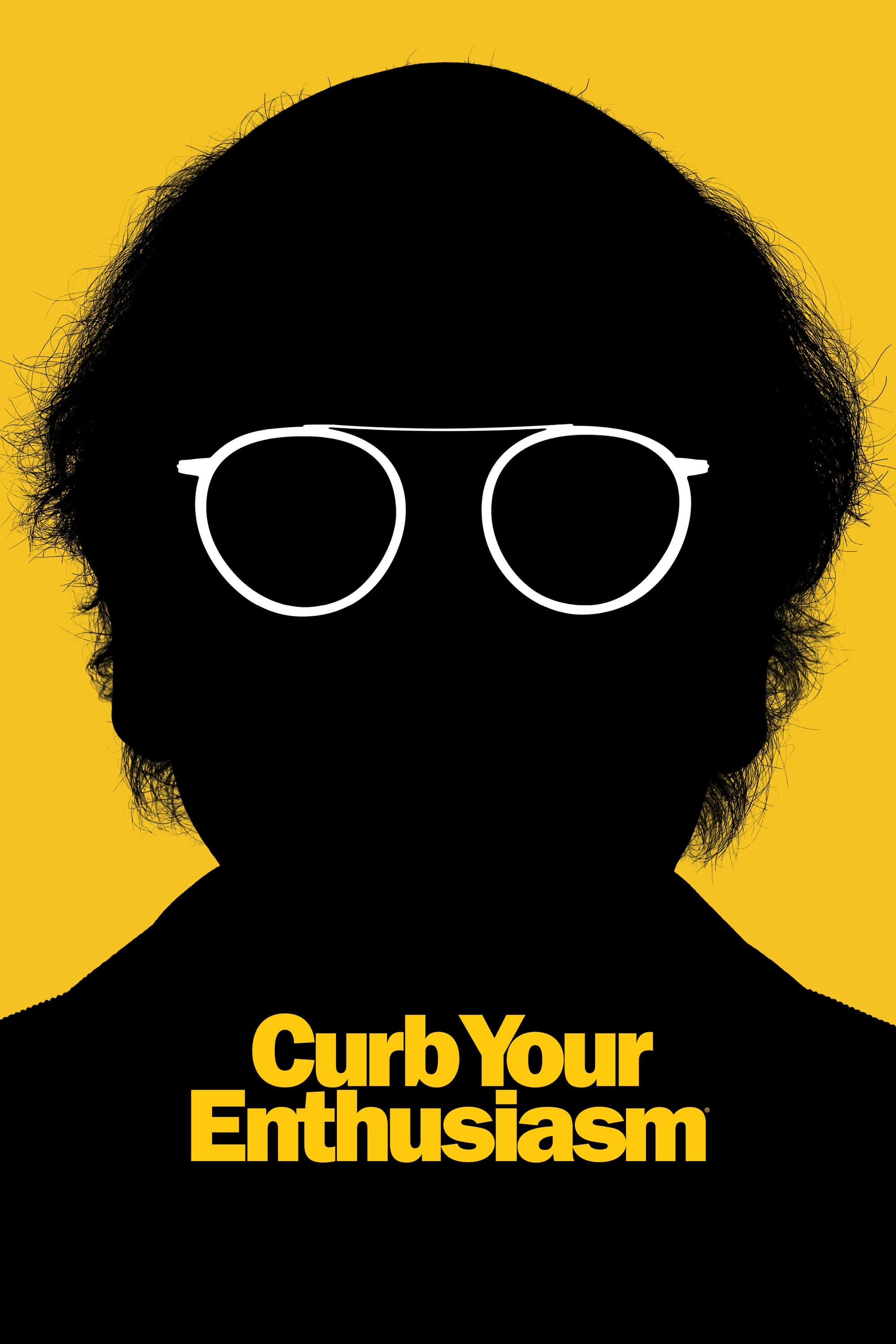Watch Horizon Season 37 Episode 14 Online
-
- Subtitles: English
In the summer of 2000, one of the great frontier cities of the Roman Empire, the city of Zeugma, all but disappeared from the face of the Earth under the flood waters of a dam. In a bid to modernise, the Turkish government has embarked on one of the most ambitious engineering projects in the world, building a series of dams on the Euphrates over the past twenty years. Almost every dam threatens ancient remains that lie below in one of the most archaeologically rich regions of the world. The completion of the Birecik dam, featured in this film, has flooded the valley where Zeugma is buried. The city on the flat plain has entirely disappeared and the waters have now risen to cover 30% of the city on the hillside. Horizon tells the story of the archaeologists' fifth and final visit, struggling to save what they could before the dam waters rose. It witnesses the uncovering of some of the most beautiful examples of Roman art ever found. The team’s discoveries at Zeugma caused an international outcry and further excavations were hurriedly put together. Since 1995, French archaeologists Pierre Leriche and Catherine Abadie-Reynal have taken up the challenge to save what they can from the city before the dam is finished. The archaeologists have two main tasks - to uncover the history of this desperately under-excavated region of Turkey and to remove what treasures they could from the site before they were lost forever. On this, their final excavation, they had to work against the clock: they only had a permit to dig for six weeks Zeugma was founded by one of Alexander the Great’s generals, Seleucia Nicator, and prospered under later Roman rule. It became one of the major cities of the Roman eastern frontier with a garrison of over 6,000 soldiers. The city’s bridge across the Euphrates made it one of the most critical trading cities in the region, on the silk routes to the East. The archaeologists know that the city contains vital clues to the history of the region. Previously looted exquisite mosaics have hinted at the treasures of its past that must be buried somewhere in the vast site. The part of the old city on the Euphrates flood plain, Apamea, was the first to go. But the archaeologists didn’t stand a chance of excavating it in such a short amount of time. So using a technology originally developed for finding oil and mineral deposits, they instead generated a picture of the buried city just as it lies below ground. They discovered a preserved ancient Greek city, laid out in a perfect grid. Meanwhile, in the remains of a Roman villa across the river, the archaeologists had an extraordinary stroke of luck. With only five days left on the excavation permit, Catherine Abadie-Reynal unearthed a masterpiece: a beautiful Roman mosaic floor. The discovery caused an international outcry and hit the headlines across the world. The archaeologists were granted more days to excavate, but they could not stem the tide of the dam project. With time running out, they uncovered more stunning mosaics in the villa. They were dug out from the site and sent to a local museum at Gaziantep - just in time. By mid June 2000, the newly uncovered fourteen room villa disappeared underwater. By October, the level of the water finally settled to form a vast, still lake in the valley. All excavations at the site ceased. There's recently been a move by the Turkish government to declare Zeugma a site of special archaeological interest. The remainder of the ancient city on the hillside could, in theory, still be explored. The dam will not only erase much of Zeugma from history. It will also displace 30,000 people, mostly Kurds, from the villages they have lived in for generations. For many, the loss of Zeugma is a tragedy.

















